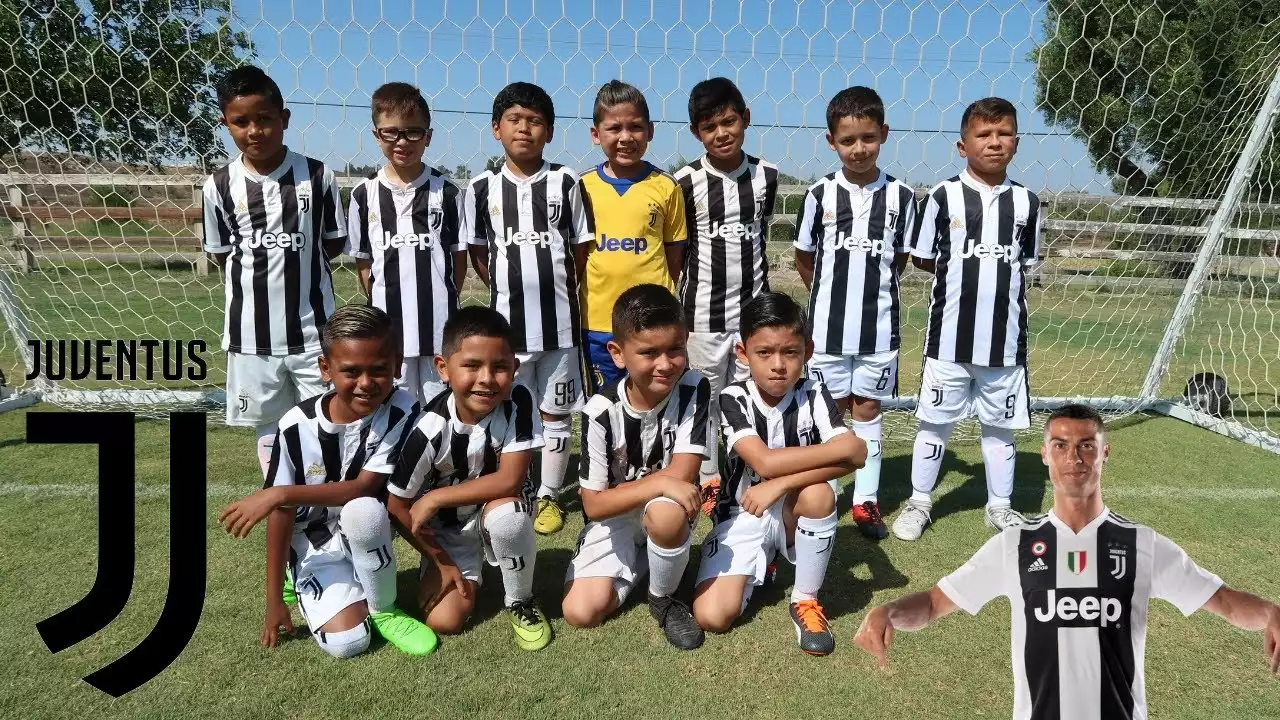The Importance of Managers in Youth Development
Managers in various sectors in Costa Rica, such as education, sports, and community organizations, have a direct impact on youth development. Their leadership, guidance, and mentorship help young individuals harness their potential, build skills, and develop a sense of purpose. Whether it is through coaching teams, organizing educational programs, or providing opportunities for personal growth, these managers have the power to shape the future of Costa Rica's youth.
Effective youth development managers recognize the unique needs and challenges faced by young individuals and create environments that nurture their growth. They understand that young people require guidance and support to navigate through the complexities of life and make informed decisions. By providing a safe and inclusive space for young individuals to express themselves, managers can foster a sense of belonging and empower them to reach their full potential.
Key Skills and Qualities of Effective Youth Development Managers
To be effective in their role, youth development managers in Costa Rica must possess a range of key skills and qualities. Firstly, they need to have excellent communication skills to connect with young individuals and understand their perspectives. By actively listening and engaging in meaningful conversations, managers can build trust and create an environment where young people feel heard and valued.
Furthermore, empathy and emotional intelligence are crucial traits for youth development managers. They must be able to understand and relate to the challenges faced by young individuals, providing support and guidance without judgment. By demonstrating empathy, managers can foster a sense of trust and openness, allowing young individuals to share their thoughts, feelings, and aspirations freely.
In addition to communication and empathy, effective youth development managers also possess strong leadership skills. They have the ability to inspire and motivate young individuals to set goals and work towards them. By setting a positive example and providing clear direction, managers can guide young individuals towards personal and academic growth. Moreover, they can create an environment that encourages creativity, critical thinking, and problem-solving skills.
The Role of Managers in Providing Guidance and Support to Young People
One of the primary responsibilities of youth development managers in Costa Rica is to provide guidance and support to young people. They act as mentors, offering advice, and helping young individuals make informed decisions. By sharing their knowledge and experiences, managers can help shape the future of Costa Rica's youth.
Managers in educational settings play a crucial role in supporting young individuals academically. They provide guidance on course selection, help navigate career paths, and offer assistance with college applications. By offering personalized support and mentoring, managers can help young individuals explore their interests and unlock their potential.
In sports, youth development managers not only provide coaching but also help young athletes develop discipline, teamwork, and resilience. They create a supportive environment where young individuals can learn from both victories and defeats, helping them develop the necessary skills to succeed both on and off the field.
Creating a Positive and Inclusive Environment for Youth Development
Creating a positive and inclusive environment is fundamental to youth development in Costa Rica. Managers play a crucial role in fostering such an environment by promoting diversity, equity, and inclusion. They ensure that young individuals from all backgrounds have equal opportunities to participate and thrive.
Youth development managers strive to create safe spaces where young individuals can express themselves without fear of judgment or discrimination. They actively work to challenge biases and prejudices, promoting acceptance and understanding among young people. By fostering a culture of inclusivity, managers not only create a positive environment for youth development but also contribute to building a more cohesive and harmonious society.
Empowering Young People Through Mentorship and Leadership Opportunities
Another important aspect of the role of managers in youth development is empowering young people through mentorship and leadership opportunities. Managers act as role models, guiding young individuals towards personal and professional growth. They provide mentorship and support, helping young people identify their strengths and develop the confidence to pursue their goals.
In addition to mentorship, youth development managers also create leadership opportunities for young individuals. They encourage them to take on responsibilities, make decisions, and contribute to their communities. By empowering young people to take ownership of their development, managers instill a sense of leadership and civic engagement, fostering a generation of empowered individuals who can drive positive change.
Collaborating with Community Stakeholders for Holistic Youth Development
Youth development is not solely the responsibility of managers; it requires collaboration with community stakeholders. Managers in Costa Rica work closely with schools, parents, local organizations, and government agencies to ensure holistic youth development. By forging partnerships and sharing resources, they can provide young individuals with a wide range of opportunities and support.
Collaboration with schools is particularly important for youth development. Managers work with educators to design and implement programs that cater to the unique needs of young individuals. They provide support for academic success, career guidance, and personal development, creating a comprehensive framework for youth development.
Engaging parents and families in the youth development process is also crucial. Managers in Costa Rica actively involve parents in decision-making, provide resources and workshops on parenting skills, and create opportunities for parent-child bonding. By fostering strong partnerships with parents, managers ensure that young individuals receive consistent support and guidance both at home and in their communities.
Challenges Faced by Managers in Youth Development and How to Overcome Them
While managers in youth development play a critical role, they also face challenges that can impede their efforts. Limited resources, funding constraints, and bureaucratic hurdles are common obstacles that managers encounter. Additionally, societal pressures and cultural norms can sometimes hinder the progress of youth development initiatives.
To overcome these challenges, managers must be resourceful and creative. They can seek partnerships with private businesses, NGOs, and international organizations to secure additional funding and resources. Moreover, they can leverage technology and digital platforms to reach a broader audience and maximize the impact of their programs.
Additionally, managers in youth development must advocate for policy changes and societal shifts that support the empowerment and well-being of young individuals. By raising awareness and working together with stakeholders, managers can bring about positive change and overcome the challenges they face.
Success Stories and Examples of Effective Youth Development Programs in Costa Rica
Costa Rica is home to several successful youth development programs that highlight the crucial role of managers in shaping the lives of young individuals. For example, the "Youth Empowerment through Sports" program focuses on using sports as a tool for personal and social development. Through this program, youth development managers provide coaching, mentorship, and leadership opportunities to young athletes, helping them develop valuable life skills and fostering their overall growth.
Another notable initiative is the "Youth Entrepreneurship Program" which aims to empower young individuals to become future business leaders. Youth development managers provide training, mentorship, and resources to aspiring entrepreneurs, helping them develop entrepreneurial skills and launch their own ventures. This program not only fosters economic growth but also encourages innovation and self-reliance among young people in Costa Rica.










